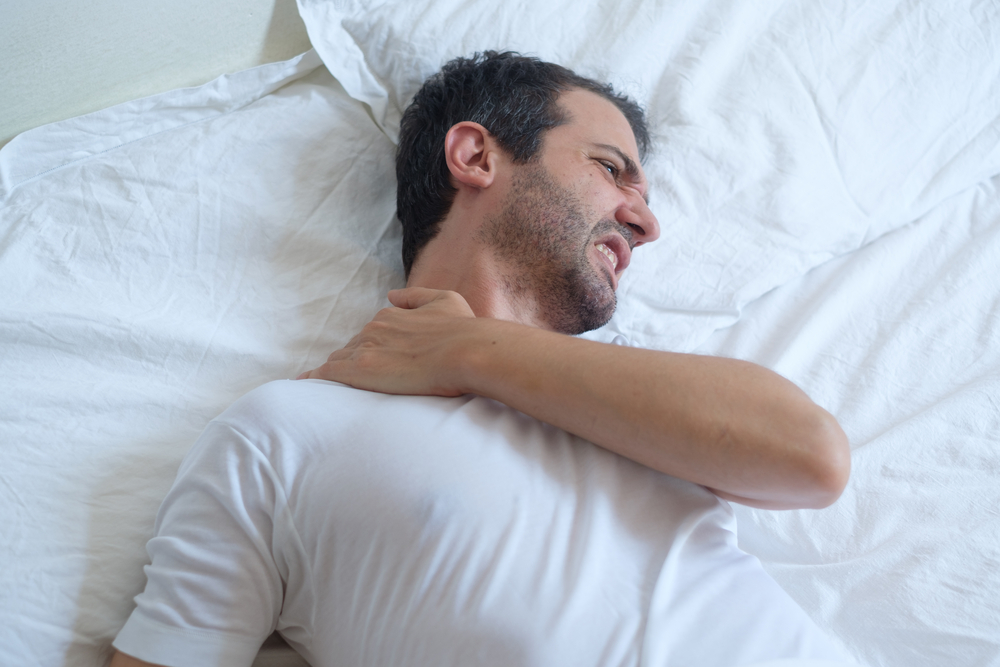
Wearing masks have become the new normal—it has also literally become “a pain in the neck”. Those of us required to wear masks for prolonged periods of time often start to feel pain and discomfort around the neck, jaw, and head.
Finding a mask that fits properly and comfortably is the key to lessening and preventing neck and head pain. You may need to try on a variety of different masks until you find the perfect fit for you.
It’s similar to shopping for a pair of new shoes—if your shoes don’t fit properly and are uncomfortable, you will likely experience pain in your ankles, knees, hips, and back. Instead, you should take the time to try on different styles and sizes to find your ideal pair of shoes. The same principle applies to mask purchasing and wearing.
By this point, we are all familiar with the two standard mask designs: the band-around-the-head design and the band-around-the-ears design. If either mask style is too tight around the face, it pushes your head back and creates compression at the jaw, head, and neck. This compressive force can irritate facial nerves which triggers headaches, facial pain, and neck pain. Because your head is being pushed back, it is also possible to experience referred pain through the shoulders and arms. Referred pain is pain perceived at a part of the body that is different from the pain’s actual point of origin or stimulus. This pain is due to the network of nerves that connects many different parts of your body. Furthermore, compression around the face also limits your jaw movement, which creates abnormal movement patterns and limits mouth opening. These restrictions can tense and fatigue the muscles that move the jaw, leading to jaw, head, and neck pain.
If opting for the loop-around-the-ears design, you should avoid wearing a mask with elastic bands that fit too tightly around the ears. A tight pulling force at the back of the ears pulls the head and neck forward, leading to a myriad of problems including: shortened and/or lengthened weak muscles, headaches, joint compression, nerve compression, arthritis, and even injury to the discs in your neck.
If you are experiencing any of the above symptoms related to mask-wearing and need help, you should consult with a physical therapist. The physical therapists at Rebalance Physical Therapy are highly trained to diagnose the cause of your symptoms and develop a treatment plan to get you feeling better.
Physical therapy treatment first involves massage to release muscle and tissue restrictions around the head and neck. Your therapist will perform manual release techniques to the restricted joints to improve your mobility and relieve pain. To maintain the restored mobility in your head and neck, you’ll learn specific stretching and range of motion exercises. Comprehensive physical therapy treatment also emphasizes education on proper corrective postures and strengthening exercises to support your progress towards a pain-free head and neck.
Unfortunately, mask-wearing isn’t going away anytime soon! It is important to address your head and neck pain related to face masks early. By doing so, you will start to alleviate your pain and can prevent a chronic condition from forming.
In-Person and Online Consultations


